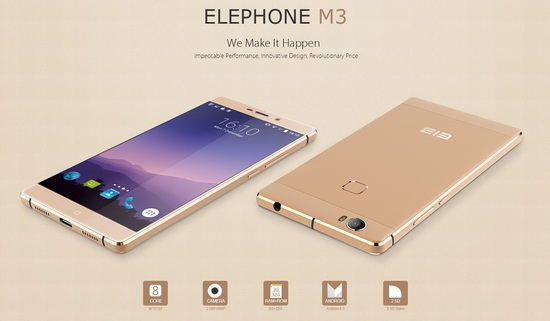![[IMG]](https://www-techinasia.netdna-ssl.com/wp-content/uploads/2014/12/414428796_7e2f18ee6f_b-720x480.jpg)
Picture this scene: you and your buddies are having a fantastic time at the local watering hole, laughing and chatting the night away, and of course ordering a healthy serving of snacks and beer to boot. The mood is light, and everyone is in good humor – all is well in the world.
Then a waiter comes by with the bill and awkwardness and chaos take over the dining table. Buddy A insists on footing the bill, while Buddy B repeatedly refuses. Finally, Buddy C ends up paying, and resigns himself to not seeing most of the cash returning to his pocket.
Simply put, a shared bill is a royal pain in the butt to settle.
This is a situation that serial entrepreneur Rakhil Fernando is very familiar with, having formerly been based in New York. One day, however, he found the solution in the form of the New York-based app Venmo.
“At a restaurant over dinner, my friends all settled the bill over a mobile app called Venmo. And I thought it would be a great way to pay my landlord rent, or split a bar tab at a night club,” he recounts. “I always hated finding ATMs or making online transfers to others, so this was a super simple alternative.”
Inspired by this, he decided to create a similar app called Kashmi, but with a focus on Asia instead. Fernando felt that the situation in Asia – especially in Singapore and Hong Kong, where he intends to first roll out the app – made it the perfect launchpad:
High smartphone usage, high internet penetration, and high credit card penetration and usage. Combining these factors with a young working population who rent their accommodation, go out a lot, and spend many hours with friends, a service like this will only make life easier for them.
Similar to PayPal, Kashmi functions as an e-wallet with stored value. Users are required to enter their credit/debit card and bank account details when they register via Facebook. The latter would be used to reload their Kashmi accounts as needed, while the bank account enables users to cash out.
A four-percent fee is levied each time users top-up their accounts.
Your buddies can return you the money directly into your Kashmi account through the app, up to a limit of S$1,000 (US$800). “As Kashmi is integrated with Facebook, users can search for their Facebook friends through the app,” Fernando explains. “If the friend do not have a Kashmi account, again through the app, the friend can be invited to join Kashmi.”
This social aspect is what makes the normally awkward process of splitting the bill more fun, according to Fernando:
Once a payment or charge is completed, a short description of the transaction goes into a feed where the users and his friends can view and follow. This is a fun way to keep track of the things you do in your life, as many things actually involve a financial transaction.
Are your account details secure in Kashmi’s hands? According to Fernando: yes. “We are working with a reputed bank, UOB, to hold our Stored Value Facility (SVF). As for credit card transactions, we are working with a well-established internet payment gateway to facilitate the transactors,” he reveals.
Kashmi will face stiff competition from messaging app Line, which earlier this month released its payment function, Line Pay. In similar fashion, users can top-up their Line Pay account via their bank account, convenience stores, or Pay Easy machines, and send cash to their Line contacts.
The team is currently based in Dubai incubator Turn8, and have two investors on board – DP World and i360 Accelerator. The app will be available to Singapore users by invitation at the end of December, and will be rolled out in Hong Kong and Malaysia in 2015 and 2016 respectively.
“Once we prove the model in these three countries, we hope to tackle Indonesia, India, Vietnam, and Thailand,” Fernando says. You can sign up for beta usage at Kashmi’s website here.

No comments:
Post a Comment